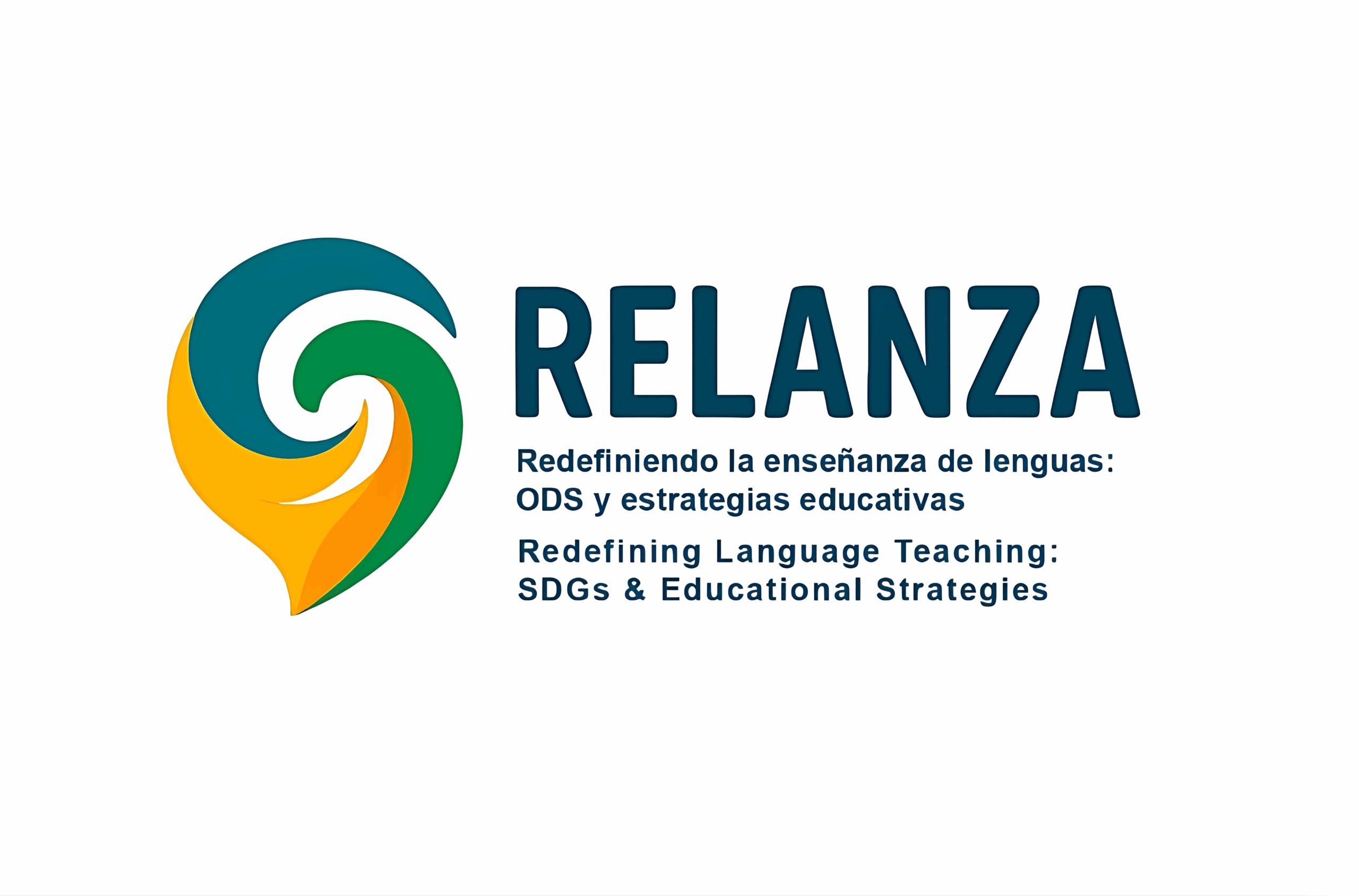Our vision
In today’s context, it is essential that educational institutions take concrete and effective action to contribute to the achievement of the Sustainable Development Goals (SDGs) and to foster a genuine culture of sustainability. However, efforts aimed at SDG 4 –Quality Education– are often concentrated at pre-university levels, within formal education settings, and with a focus mainly on students.
RELANZA proposes a different look. This project is oriented towards the key decision-makers in the field of education: teachers, curriculum designers and creators of educational content.
Our premise is clear: to guarantee quality education, the first step is to train and empower those who decide what, how and for what purpose learning takes place. RELANZA also focuses on an area that has received little attention in relation to the SDGs: higher education and adult education, both in formal and non-formal contexts, in the context of foreign and second language learning.
Recent literature underscores the need for higher education institutions to actively lead and integrate the SDG 4 agenda (Ferguson & Roofe, 2020). However, there is great variability in how the SDGs are addressed at the university level (Ramos Torres, 2021). Generally, its integration is limited to workshops or specific subjects in university degrees (Amorós Molina, 2023), and although SDG 4 is considered a priority, its implementation is usually focused on teaching (Ramos Torres, 2021, p. 90).

In the field of language teaching, the link with sustainability is still largely unexplored. Current approaches tend to focus on the use of themed texts related to environmental issues (Dyvik Cardona, 2023) or on classroom activities that address the SDGs within foreign language subjects (Brunold & Fonollosa, 2022). Some more recent studies adopt sociocultural approaches to explore topics such as interculturality, using digital technologies to promote meaningful learning and the development of sustainable attitudes (Chen et al., 2023).
